Washington State Motorcycle Laws
Washington State Motorcycle Laws
You get a certain sense of freedom and peace when you ride your motorcycle in Seattle. Mount Rainier, Puget Sound, and awe-inspiring ocean views provide a beautiful backdrop for each journey. As a biker, you encounter that freedom and beauty each time you hit the road, but you must make room for caution as well. Sometimes, other drivers don’t look out for bikers the way they should.
If you are a biker, you already know how important it is to drive defensively and protect yourself from harm. You should also get to know Washington State motorcycle laws. You will know your legal rights and understand your responsibilities.
Bikers Must Look Out for Themselves
In Washington State, there are currently 236,153 registered motorcycles sharing the road with other vehicles. 450,362 licensed drivers have motorcycle endorsements. Bikers are an integral part of everyday Seattle life because motorbiking saves transportation costs and simplifies parking. It transforms even the most boring commute into an adventure.
Private passenger vehicle drivers and big rig operators don’t always respect a motorcyclist’s right to share the road. They sometimes fail to share a lane or cut off a biker’s right of way. Sometimes, vehicle drivers simply don’t notice a biker because they’re in a blind spot or visually out of their range. Any one of these lapses in motorcycle awareness or vehicle etiquette has the power to cause serious or catastrophic injuries.
A focus on motorcycle laws can help motorcyclists understand their rights and responsibilities. It can help vehicle drivers understand that their lack of motorcycle awareness and vehicle etiquette might also be against the law.
Motorcycle License Endorsement in Washington State
Motorcyclists in Washington State must have a valid motorcycle license, also known as a motorcycle endorsement. This addition to a regular Washington driver’s license usually requires the completion of a motorcycle education course. In this motorcycle safety course, prospective motorcycle riders learn about motorcycle safety and handling through practical training.
Motorcycle operation requires skills that are different compared to driving a car, riding a bicycle, or operating other motor vehicles. Washington State motorcycle endorsement ensures that motorcycle riders have the knowledge and skills needed to safely enjoy what these vehicles have to offer.
Washington Motorcycle License Requirements
To begin, you’ll need to have a valid driver’s license. Following the competition of a permit knowledge test and permit riding skills test, you’ll receive your Washington State motorcycle permit. You’ll also need to complete an endorsement knowledge test consisting of written questions to survey your knowledge of Washington’s motorcycle laws and defensive driving. A Washington motorcycle endorsement can be obtained at an approved motorcycle training school.
Registration and Insurance for Motorcyclists
To legally operate your motorcycle on public roads, you must register it with the Washington State Department of Licensing. You can refer to the DOL’s website for information about the necessary requirements for registration.
As with cars and other motor vehicles, Washington motorcycle riders are required to carry insurance. the minimum motorcycle insurance requirements include $25,000 in bodily injury liability per person and $50,000 per accident claim.
The Rules of the Road for Washington Motorcyclists
Washington vehicle laws include motorcycles within the “motor vehicle” legal definition. Many of the same laws apply to cars and two-wheeled, motorized vehicles designed for public roads. You’ll find a full listing and the complete text of state vehicle and motorcycle laws within the Revised Codes of Washington, Title 46 RCW, Motor Vehicles.
If you prefer not to wade through the formal text, here are a few of the basic laws without the legalese: Rules of the Road 46,61: Motorcycle riders must follow the same driving laws as vehicle drivers. Each section of the RCW Rules of the Road contains a list of guidelines with links to detailed code explanations. This section covers 12 specific categories beginning with “Obedience and Effect of Traffic Laws,” to “Operation of non-motorized vehicles.” Where applicable, sections list criminal penalties for failure to comply. These Rules of the Road apply specifically to motorcycle riders:
- RCW 46.61.608, “Operating Motorcycles on Roadways Laned for Traffic,” outlines motorcycle lane use and restrictions. It explains that a motorcycle is entitled to use a full lane and that no vehicle should deprive a biker of that right. This guideline allows two motorcycles to share a lane. It further explains that a motorcycle cannot pass a person within the same lane unless they are a bicyclist or a pedestrian. Bikers cannot drive between lanes of traffic.
- RCW 46.61.610, “Riding on Motorcycle,” requires a rider to ride on a “…permanent or regular seat…” A biker can’t carry a passenger unless they have a two-person seat or a seat that’s “…firmly attached…” to the cycle at the rear or side of the driver.
- RCW 46.61.611, “Motorcycles—Maximum Height for Handlebars,” requires that motorcycle handlebars not exceed a height that’s 30 inches higher than a cyclist’s seat. This restriction applies to cycles that travel on public highways.
- RCW 46.61.612, “Riding on Motorcycles—Position of Feet,” explains that a biker can’t ride with both feet on one side of their bike.
- RCW 46.61.613, “Motorcycles—Temporary Suspension of Restrictions for Parades or Public Demonstrations,” the title is simple and self-explanatory.
- RCW 46.61.614, “Riding on motorcycles—Clinging to other vehicles,” prohibits cyclists from attaching their bikes to another vehicle in a public roadway.
Additional Motorcycle Laws
The RCW details additional Motorcycle laws Under Chapter 46.37, Vehicle Lighting and Other Equipment. RCW 46.37.530, explains equipment requirements applicable to motorcycles, mopeds, and other two-wheeled vehicles.
- Motorcycles must have left and right side mirrors with a 200-foot rear view range. This restriction doesn’t apply to certain restored vintage cycles.
- Bikers riding a cycle without a windshield must wapp.leg.wa.gov/RCW/default.aspxear “…glasses, goggles, or a face shield…” that complies with state patrol rules.
- Bikers must wear a helmet with a secure neck or chin strap unless the cycle is a vintage model or has a steering wheel, seat belts, or enclosed seating area.
- A motorcyclist cannot transport a child under five years old
- Helmets must be US Department of Transportation certified and meet the 49.CFR § 571.218 helmet standard for the year it was manufactured.
Helmet Laws
Washington motorcycle laws require the use of DOT-approved motorcycle helmets for riders and passengers of motorcycles. This vital piece of safety equipment can be life-saving in the event of a motorcycle accident. Although not legally required, you should also use eye protection and protective clothing, if possible.
Lane Splitting
Motorcyclists engage in lane splitting while weaving between cars in slow or stopped traffic. This action, legal in only the State of California, is prohibited under Washington law.
Keeping Bikers Safe
Motorcyclists are vulnerable when accidents occur. Unlike vehicles, they have no protective barriers. Few have restraints or passive safety systems. During an accident, vulnerability and lack of protection increase a motorcyclist’s potential for serious and fatal injury.
The National Highway Traffic Safety Administration’s 2017 crash statistics show that motorcyclists accounted for 14 percent of nationwide traffic fatalities, while motorcycles made up only 3 percent of registered vehicles. The Washington Department of Transportation’s recent Annual Collision Summary reveals that motorcycle accidents occurred an average of every four hours in the state. Out of 2,440 documented motorcycle collisions that year, cyclists and their passengers sustained 76 fatal injuries, 406 serious injuries, and 1,562 minor injuries.
Motorcycle laws and safety guidelines aren’t designed to be intentionally restrictive. They’re in place because all drivers need guidelines that help keep bikers safe. In furtherance of this quest, the US Department of Transportation sets aside May as Motorcycle Safety Awareness Month. Their Share the Road campaign and other safety initiatives draw attention to biker safety and biker awareness all year long.
Call Boohoff Law’s Personal Injury Attorneys After a Motorcycle Crash
If you or a loved one were injured in a motorcycle accident, you need a law firm that’s dedicated to protecting your legal rights. Contact Boohoff Law at (877) 999-9999 or complete our contact form at Boohoff Law online. We’ll schedule a consultation to discuss your case and determine if we can help you.
Free Consultation
We Are Here For You 24/7
Reviews
– Elissa M.
“Really pleased with Boohoff Law! Received immediate responses when I had any questions. Treated amazingly by all staff … made this process a true breeze!”
– Caitlyn M.
– Brandy K.
Related Posts
What Happens if the Trucking Company Claims I Was in the Blind Spot?
Wrecked by a Semi in a Pile-Up? How To File a Claim if You Were Injured in a Multi-Vehicle Truck Crash
Navigating the Maze of Liability: When an Out-of-State Motorist Causes Your Accident
Recovery is personal.
We’re here for you.
We’re close by. And if you can’t make it to us, we’ll meet you where you need us, at home or in the hospital.
You're better off with Boohoff.
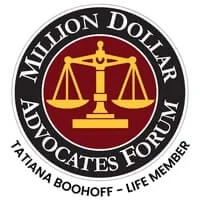

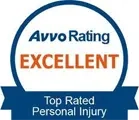
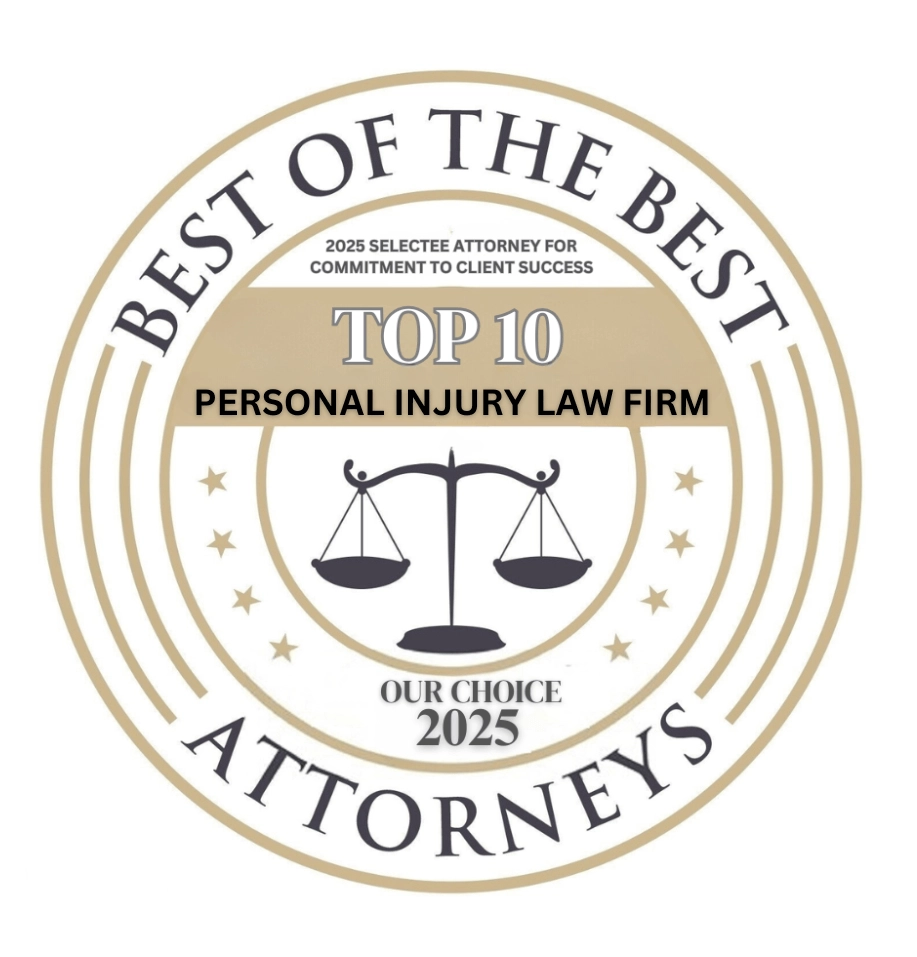
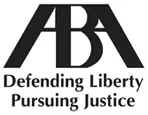
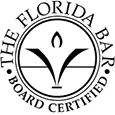
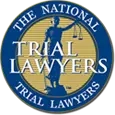
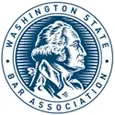



The information on this website is for general information purposes only. Nothing on this site should be taken as legal advice for any individual case or situation. This information is not intended to create, and receipt or viewing does not constitute, an attorney-client relationship.
available 24/7
(877) 999-9999
